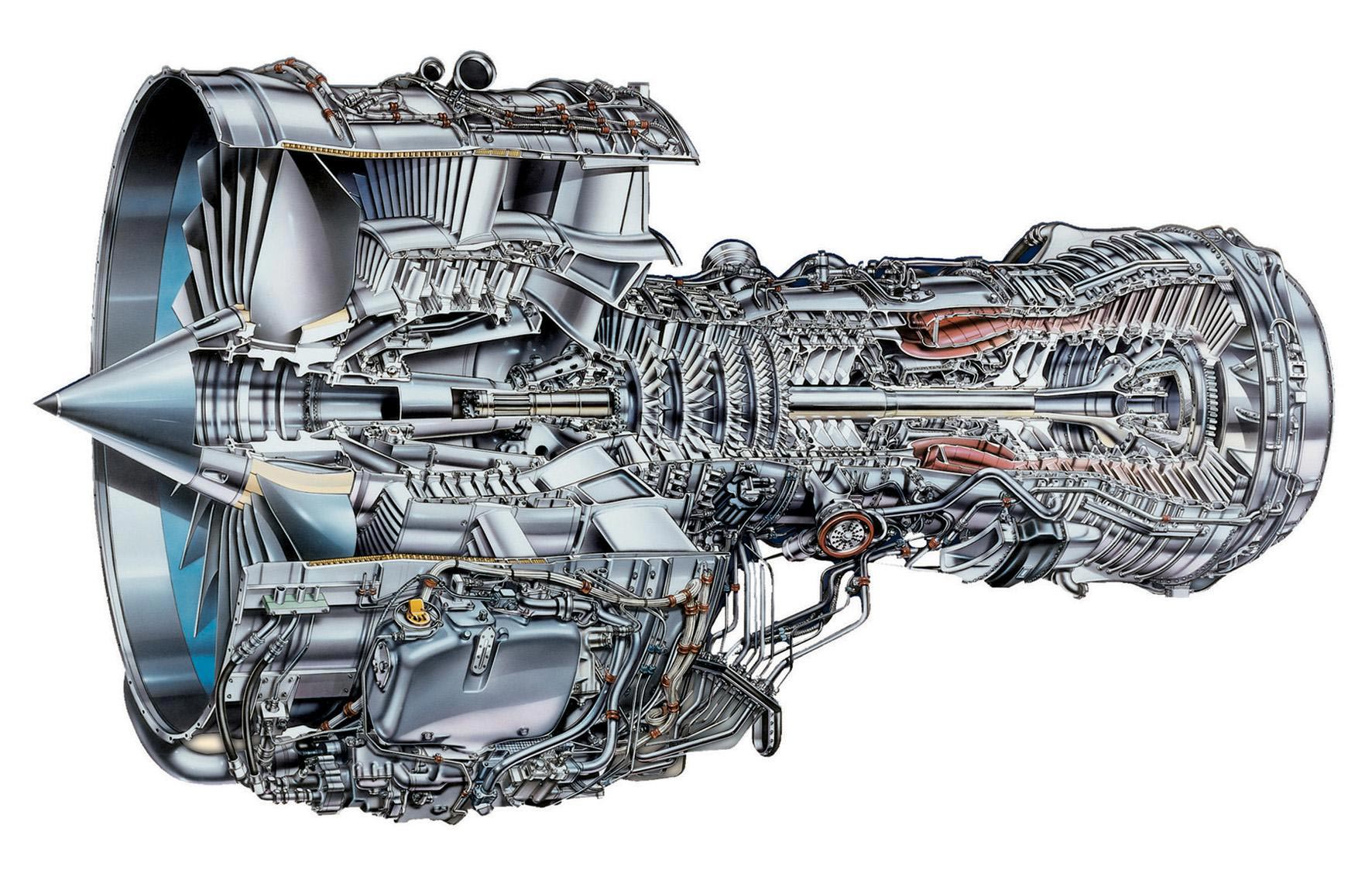Alternatives

Introduction
One of the most profound realisations I’ve had about business is the importance of alternatives.
Ideally you want to innovate in a market where there are few alternatives. For instance there aren’t many alternatives to modern jet engines, and the same goes for computers and even vacuum cleaners.
If the market is dominated by one type of product, then the company with the technical advantage can charge a premium, and the market will tolerate it.
The problem with alternatives
But what happens in a market where there are many alternatives? Consider cinemas as an example. What would happen if cinemas started charging £20 per ticket? There’s a lot of different ways to be entertained - for the same price you could go to the theatre, purchase a video game, or even have a fancy meal. I’m sure a lot of people would chose one of these alternatives instead.
Even if the cinema innovates in a major way, as was the case with 3D and IMAX, there is only so much extra they can charge per ticket. A 40% premium is typical.
Now lets look at something like a Rolls-Royce jet engine. They can push the boundary much further before alternatives are even conceivable. Do you think many airlines want to go back to using propellers, or hot air balloons? Not in a million years.
Just think to yourself ‘how far can I push the price of this product until alternatives become desirable?’ This is your margin for innovation. If the margin is low, then pick a different industry.